Quick links, bringing you great articles on writing from all over the web.
Roz Morris, owner of Nail Your Novel, reaches out to people who review books with a plea that they open their minds a little towards reviewing self-publishing titles. I can understand the reluctance of book reviewers, there are a lot of self-published books that look, well, self-published. A lot. But, there are also a lot of self-publishing authors who do it right by hiring the correct people so their title is a professional offering and they are growing. Thoughts?
~ * ~
A plea for reviewers – can we open up a dialogue about self-published books?
by Roz Morris
 So I find a lovely-looking review blog. The posts are thoughtful, fair and seriously considered. I look up the review policy and … it says ‘no self-published books’.
So I find a lovely-looking review blog. The posts are thoughtful, fair and seriously considered. I look up the review policy and … it says ‘no self-published books’.
Today I want to open a dialogue with reviewers. If you have that policy, might you be persuaded to change it? Or to approach the problem in a different way?
I used the word ‘problem’. Because I appreciate – very well – that in making this policy you are trying to tackle a major problem. Your time as a reviewer is precious – and let me say your efforts are enormously appreciated by readers and authors alike. You get pitches for many more books than you can read and you need a way to fillet out the ones that are seriously worth your reading hours. A blanket ban is a way to fend off a lot of substandard material and save you many unpleasant conversations. And traditional publishing implies a certain benchmark of competence.
Competence. That’s probably the heart of the matter. There are good self-published books, of course, but how can I help you sort them from the bad and the fug-ugly?
Read the full post on Nail Your Novel

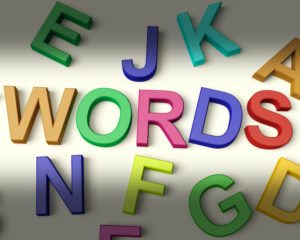 As a literary agent in major trade publishing at the Trident Media Group literary agency, I often have to explain the elements of a good query letter to new clients. This article is intended as a description of what goes into a good query letter, for new authors unfamiliar with what literary agents and editors are looking for in a query letter intended the book-publishing world. For a writer who might be currently querying literary agents, or even contemplating that process, this might be interesting reading. Considering the high rejection rate in the book publishing industry for writers trying to become debut authors, this article will hopefully be enlightening for the countless writers who are experiencing rejection due to a poorly-constructed query letter.
As a literary agent in major trade publishing at the Trident Media Group literary agency, I often have to explain the elements of a good query letter to new clients. This article is intended as a description of what goes into a good query letter, for new authors unfamiliar with what literary agents and editors are looking for in a query letter intended the book-publishing world. For a writer who might be currently querying literary agents, or even contemplating that process, this might be interesting reading. Considering the high rejection rate in the book publishing industry for writers trying to become debut authors, this article will hopefully be enlightening for the countless writers who are experiencing rejection due to a poorly-constructed query letter.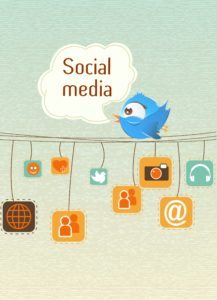 We discussed social media groups during
We discussed social media groups during 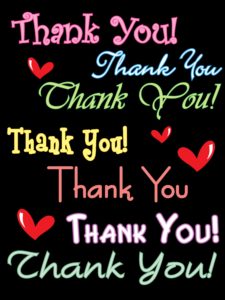 This Saturday is Independent Bookstore day!
This Saturday is Independent Bookstore day!
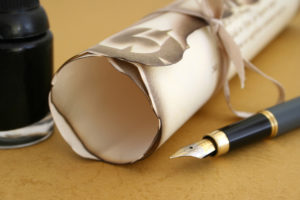
 What is the secret of your success?
What is the secret of your success? by Jeffrey Monaghan
by Jeffrey Monaghan This week in our series celebrating super-successful indie authors, we talk to guitarist Joseph Alexander who has established the terrific
This week in our series celebrating super-successful indie authors, we talk to guitarist Joseph Alexander who has established the terrific 
 Part of the Indie Author Series
Part of the Indie Author Series After October’s inaugural, myth-busting post
After October’s inaugural, myth-busting post 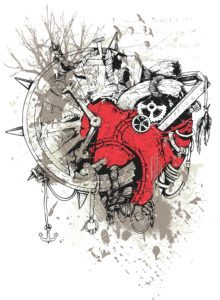 Emily Wenstrom
Emily Wenstrom Earlier this month I moderated a panel at the
Earlier this month I moderated a panel at the  There are many places where readers can find and download e-books. There are a number of online retailers such as Amazon, Barnes and Noble and Kobo that sell them directly. Your local library likely has a robust digital collection or sometimes piracy is just a click away. Good e-Reader has been running a poll for the past three weeks where we asked the question “where do you get your e-books from?” Over 827 people responded and we now have some fairly comprehensive data.
There are many places where readers can find and download e-books. There are a number of online retailers such as Amazon, Barnes and Noble and Kobo that sell them directly. Your local library likely has a robust digital collection or sometimes piracy is just a click away. Good e-Reader has been running a poll for the past three weeks where we asked the question “where do you get your e-books from?” Over 827 people responded and we now have some fairly comprehensive data.